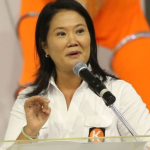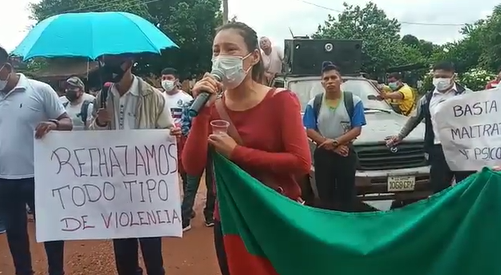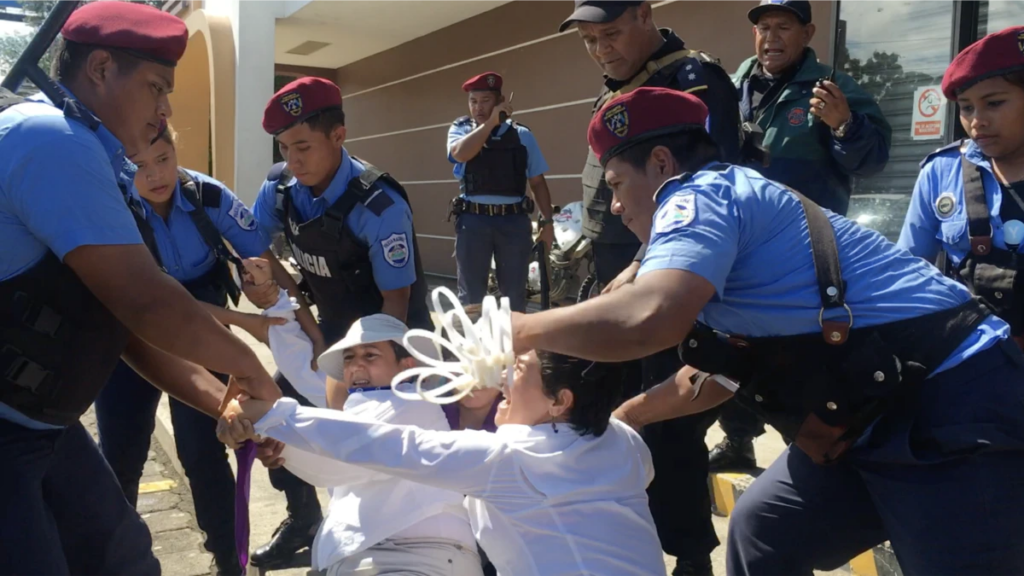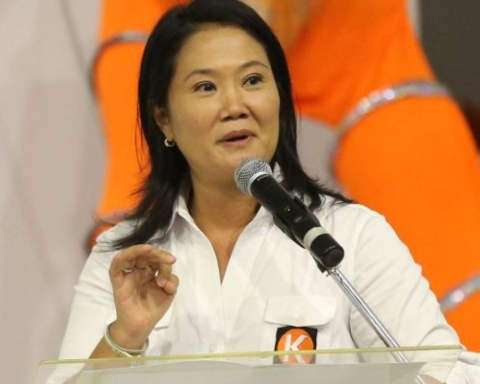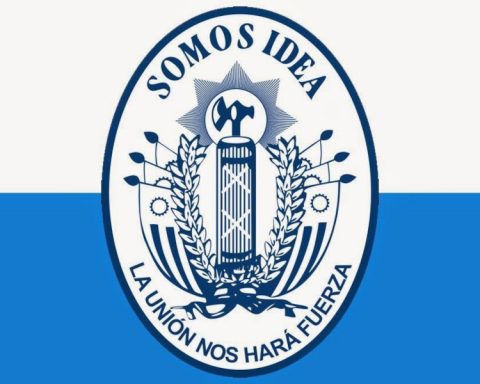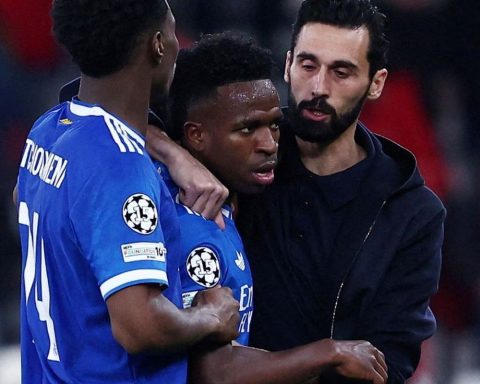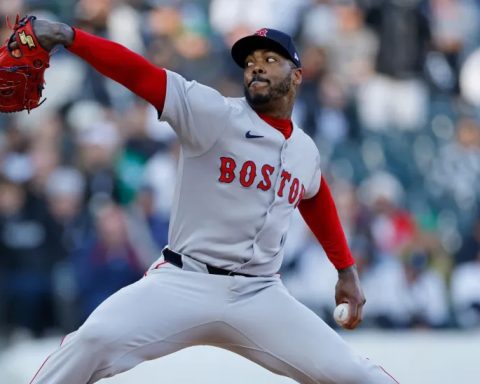As never before, the left seems to be approaching power in Colombia. Senator and former guerrilla Gustavo Petro starts as the great favorite for the May presidential elections after obtaining a resounding result in Sunday’s legislative elections.
“The Historical Pact has achieved the best result of progressivism in the history of the Republic of Colombia,” congratulated the 61-year-old leader who heads all the presidential polls.
His rise prompted center-right forces, including the government, to line up on Monday to stop him. Weighed down by the unpopularity of President Iván Duque, the Democratic Center party withdrew from its candidate and supported the aspiration of the former mayor of Medellín, Federico Gutiérrez.
The leftist alliance led by Petro was also the most voted along with the conservatives in the Senate and became the second force in the chamber of deputies, behind the liberals, the traditional parties in Colombian politics.
With the largest vote in the primaries, the leftist will represent “progressivism” in the elections that will decide the successor to Duque, who by law will not be eligible for re-election at the end of his four-year term.
An ex-guerrilla who fought the state until 1990 and then signed peace, reached the Senate (2006), and jumped to the mayor’s office of Bogotá (2011), he could end a centuries-old tradition.
– Before and after –
With 16 seats in the Senate and 25 in the Lower House, the Historical Pact won the legislative elections. The result “opens a before and after for the left,” Juan Carlos Rodríguez, from the Democracy Observatory of the University of Los Andes, told AFP.
The opposition coalition met “the expectations of being the most voted query”: 1.9 million more than the center-right, which elected ‘Fico’ Gutiérrez and 3.4 million more than the center, which will seek power with the former governor Sergio Fajardo, said Cristian Rojas, director of Political Science at the University of La Sabana.
This “really shows strong growth” for a political sector that, due to the six-decade armed conflict, has been associated with leftist guerrillas.
Now the parliamentarians “necessarily have to make alliances” to be a majority in a 296-seat Congress, estimated Daniel García, a professor at the National University.
Adding the center parties, the indigenous people and the former FARC guerrillas who signed the peace in 2016, “they are still below 50%,” he added.
– Wear –
The Duque government, which has around 70% disapproval, dragged the right to the edge of the abyss. For the next legislative period, which will run until 2026, the ruling Democratic Center, until today the most influential parliamentary force, will have the sun on its back with 30 congressmen, 21 less than those achieved in 2018.
This is “an important setback,” estimates Rodríguez. “They are the ruling party and they have very little to show for it,” in the face of the economic ravages of the pandemic and the social unrest that came to the fore with the massive protests of recent years, harshly repressed.
According to Rojas, “it is a defeat for Duque and it is also his responsibility for the erosion of his government.”
The Democratic Center “loses a lot of votes in Congress, but the biggest blow is that it is not an option for the presidency at this time.”
Óscar Iván Zuluaga, the bishop of the influential former president Álvaro Uribe (2002-2010) – promoter of Duque and who resigned from the Senate for his troubles with the justice system for alleged witness tampering – resigned his candidacy to support Gutiérrez.
Experts agree that the opponents of the current senator and former mayor of Bogotá will reorganize to avoid his victory in May, when he will need more than 50% of the vote to avoid the second round.
– Conflict in the past –
It is “the first year in many decades where the issue of conflict and peace were not at the center of the debate and that was the great spearhead” of the Democratic Center, explains Rodríguez.
For the academician García, the discourse “of war and peace as proposed four years ago”, when the former FARC guerrilla had just laid down their arms, “definitely remained subordinated to different concerns and realities.”
The electorate, 42% submerged in poverty, “seeks clearer and more distinct solutions to change” leaving behind the conflict between guerrilla groups, paramilitaries and state agents that left nine million victims, he concluded.
Thus, the next electoral round will be between a cohesive left that promises profound economic and social reforms, and a weakened right that is already desperately looking for a lifeline.
